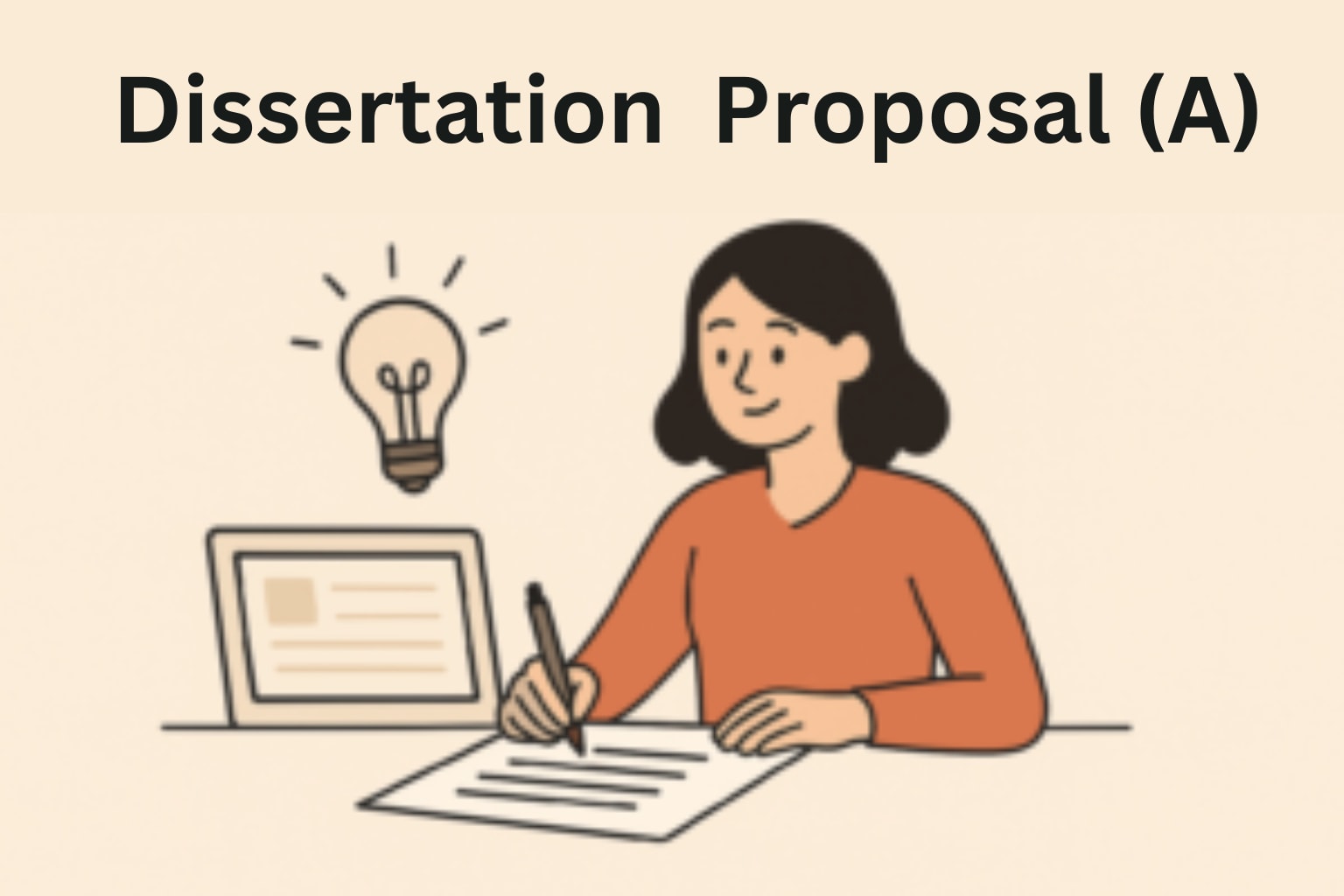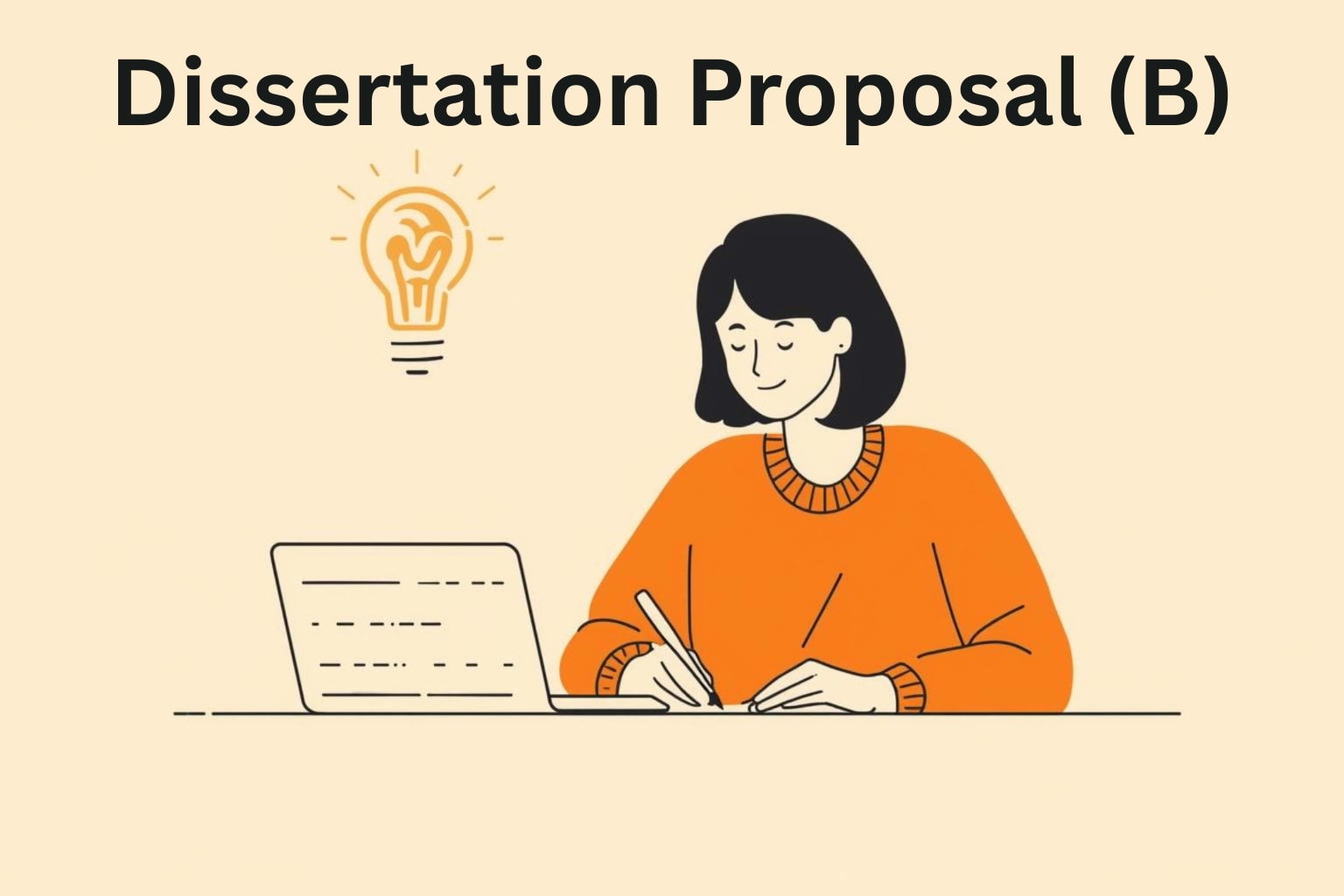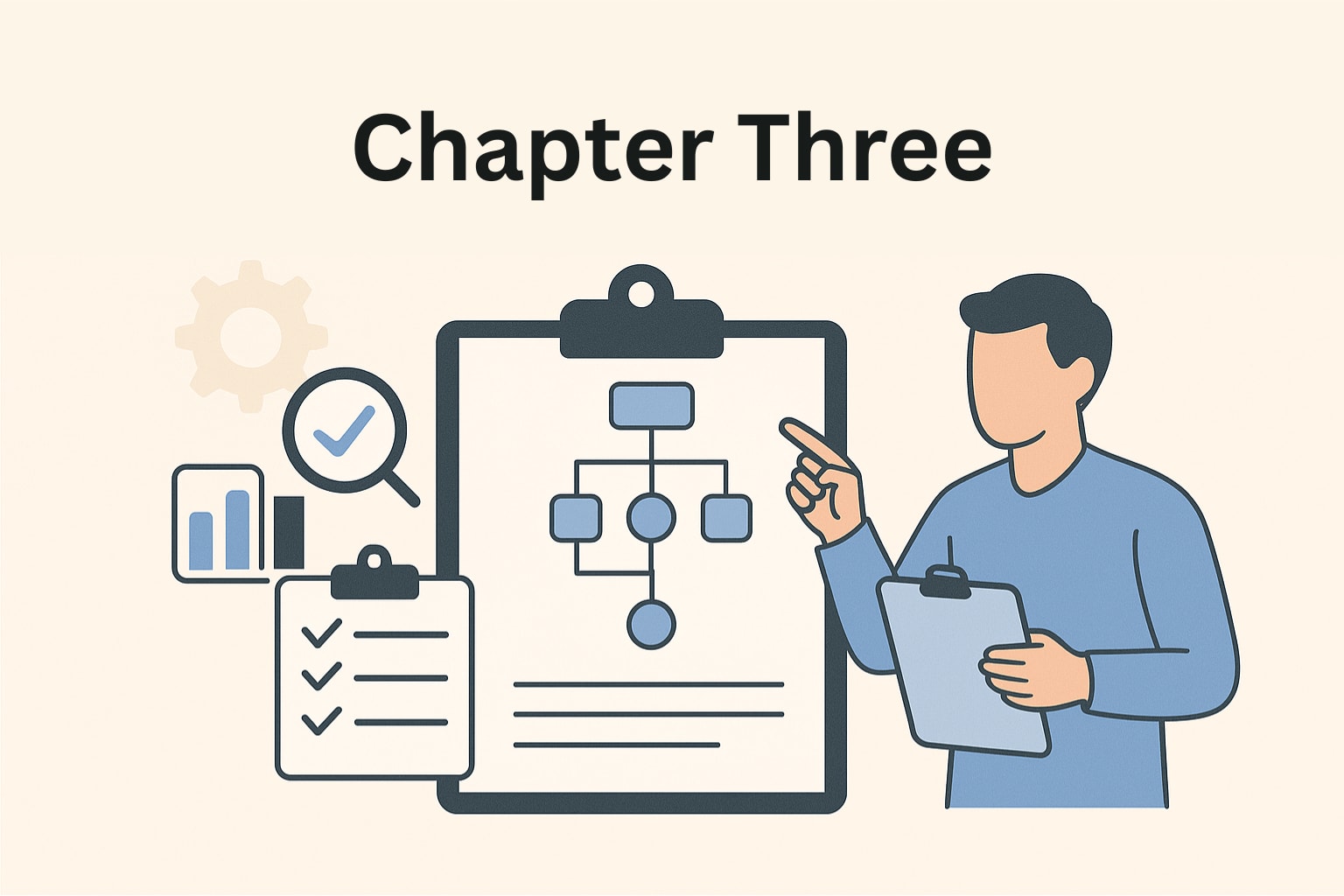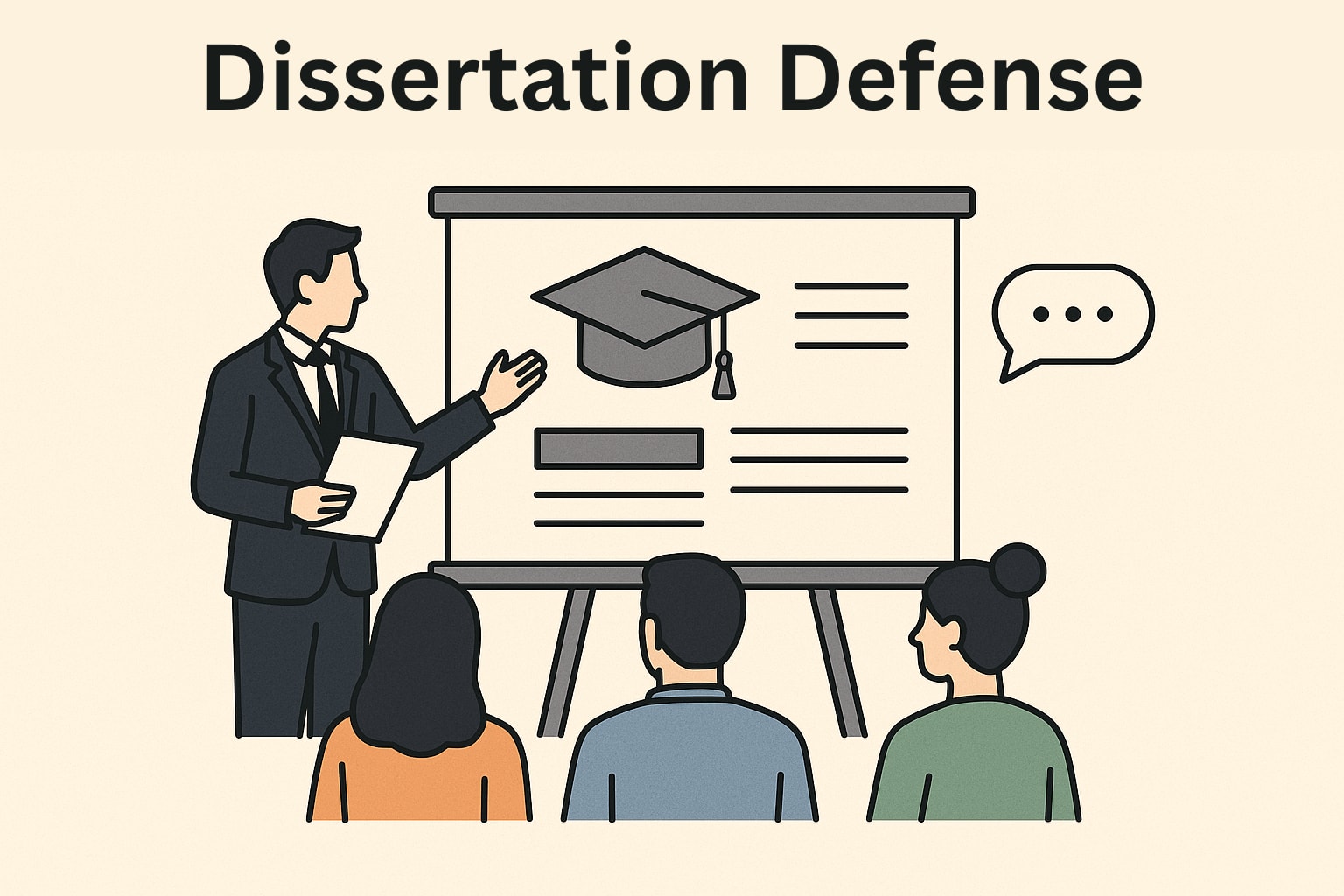- Used by doctoral students in all disciplines to successfully write their dissertations and graduate.
- Facilitate collaboration with universities on doctoral dissertations.

- Accelerate time to completion and graduation for doctoral students and save a lot in tuition fees.
- Feature videos, animations, and infographics.

WORKSHOP 1: Overview, Orientation
The Overview and Orientation Workshops provide step-by-step procedures for dissertation (theses) planning, effective time management strategies, methods for setting achievable milestones, techniques for organizing research and writing tasks, tips for managing workload and avoiding procrastination, guidance on balancing academic, professional, and personal commitments, and resources for seeking feedback, support, and maintaining motivation throughout the dissertation journey.

WORKSHOP 2: The Dissertation Plan (A)
The Dissertation Proposal (A) emphasizes the importance of researching and understanding your research questions and hypotheses thoroughly, ensuring they are well-grounded in the literature and aligned with your theoretical framework. It guides you to explore existing studies and examples, refine your questions and hypotheses that are clear, specific, and predictive of your study’s focus, providing a strong foundation for your research.

WORKSHOP 3: The Dissertation Plan (B)
The Dissertation Proposal (B) Outlines the essential process of developing research questions and hypotheses. It covers key questions to ask when formulating these statements, differences between research questions and hypotheses, and how to ensure they are aligned with your research topic, problem, and variables, evaluate relevant literature, and construct focused, researchable questions and hypotheses.

WORKSHOP 4: Intro to the Dissertation
Chapter One is the Introduction to the Dissertation, and provides a comprehensive and detailed guide for writing Chapter One of a doctoral dissertation, covering topics such as the background of the study, statement of the problem, purpose of the study, theoretical framework, significance and rationale of the study, definition of key terms, research questions and hypotheses, limitations, delimitations, and assumptions, with the ultimate goal of producing a well-structured and coherent first chapter.

WORKSHOP 5: Writing The Literature Review
In Workshop Five, you will learn how to conduct an in-depth literature review for Chapter Two of your dissertation, critically selecting and analyzing academic sources to enhance your understanding of your research topic, establish the foundation for your study, and identify relevant theories, methods, and gaps in existing research.

WORKSHOP 6: Writing the Methodology
This Workshop provides a comprehensive guide for writing the Methodology Chapter of a doctoral dissertation. It covers topics such as research design, selection of participants, instrumentation, data collection and analysis, and reporting procedures. The ultimate goal is to produce a well-structured and coherent chapter that outlines the plan for collecting and analyzing data to answer the research questions or test the hypotheses.

WORKSHOP 7: Writing the Research Results
Chapter Four: Writing the Research Results. Workshop Seven. This workshop provides a thorough guide for writing Chapter Four of a doctoral dissertation. It focuses on analyzing, organizing, summarizing, and presenting data collected in Chapter Three, with specific instructions and tasks for both quantitative and qualitative research designs.

WORKSHOP 8: The Discussion of Results
Writing the Discussion of Results is the focus of this workshop. It provides a detailed guide for writing Chapter Five of a doctoral dissertation. It focuses on interpreting and linking the data in Chapter Four to the theoretical framework, existing literature, and research data and presenting conclusions, implications, and recommendations for future research and practice.

WORKSHOP 9: Defend Your Dissertation
This workshop assists students in preparing for their dissertation defense by providing a comprehensive guide for planning an effective defense. It covers topics such as the problem statement, purpose of the study, literature review, theoretical framework, research questions and hypotheses, methodology, significant findings, and recommendations, culminating in a simulated defense presentation.
